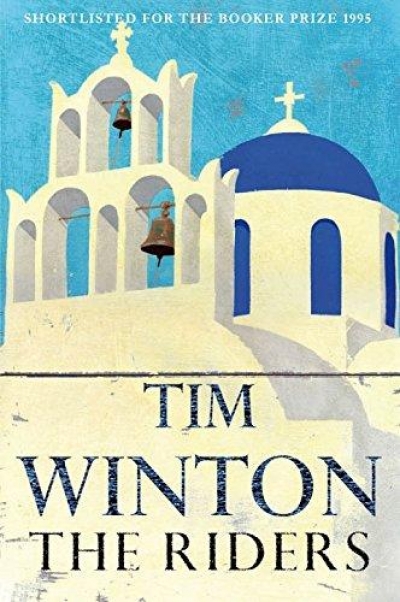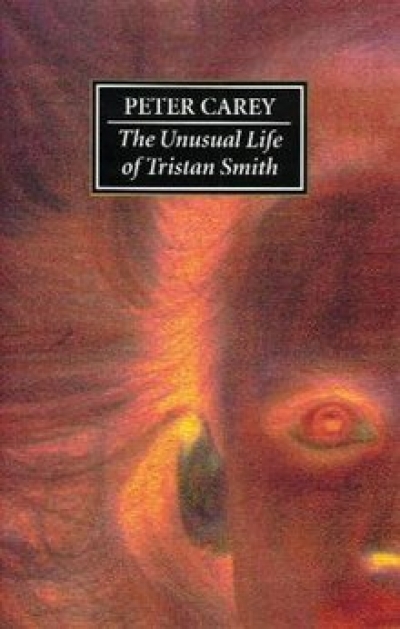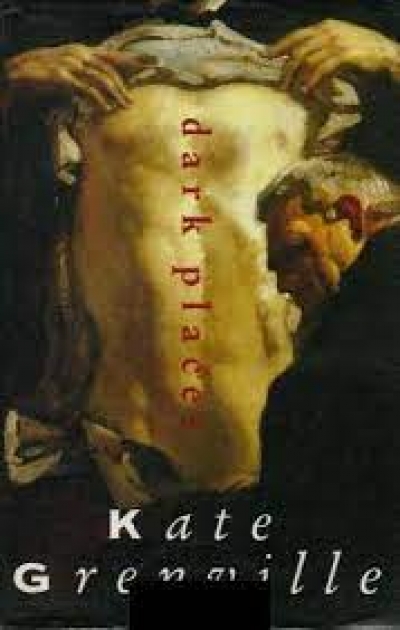Fiction
Are you a regional writer?
I suppose I am, if your definition of a regional writer is someone who evokes atmosphere and themes which have a particular relevance for a region. Firstly, to take the most obvious thing there has always been a particular buccaneering business style, dating from the days of the goldrush of the 1890s and in various eras since, and the whole 1980s materialistic era was written even larger on the West Coast than other places. Going even further back in historical terms when you think of the peculiarities of the exploration of this coast, both by the French and the Dutch, that is something which distinguishes the West Coast. Because of my particular enthusiasm for history and research and canvassing matters of the early exploration, it is a theme which has found its way into three or four of my books.
... (read more)Like Drusilla Modjeska’s earlier book, Poppy, this is a book that resists easy classification. It’s the sort of book that may infuriate those who like their ideas served up in separate self-contained portions: fiction, history, biography, criticism. It’s also likely to confound librarians and booksellers, faced with the problem of where to shelve it. Modjeska’s ideas are not answerable to the Dewey Decimal System.
... (read more)Okay I’ve just finished reading Tim Winton’s The Riders. I’ve scribbled notes on pages all the way through, but I don’t want to go back and consult them. Who wants to return to hell?
... (read more)This is a dazzling book. A sprawling, sensual, rambunctious marvel of a novel, it drives its readers out of their everyday world and every comfortable preconception. It takes enormous risks, not least that of demanding our understanding for the monstrous.
... (read more)As Nicholas Hasluck’s latest novel points out more than once, the adversarial system of judgement upon which this country’s law is based consists of the telling and re-telling of stories. The prosecution presents a version of events, the defence uses the same facts but tells a different story and, in summing up, the judge constructs a third one. Finally the jury is empowered by society to decide the ‘truth’. Counsel for the prosecution and for the defence are obliged to argue their respective points of view to the limit of their professional ability. The most effective way of doing this, as one of Hasluck’s characters points out, involves ‘subverting rational argument – constantly interrupting, confusing witnesses with nit-picking questions, blocking the presentation of crucial facts, shaping the truth to suit his client’s case’.
... (read more)The trial of Lindy Chamberlain drew the fascinated attention of most Australians when it was reported day and night in every media outlet. It moved into a different but equally popular mode with the publication of John Bryson’s documentary novel Evil Angels and the screening of Fred Schepisi’s film of the same name. The novel not only won a clutch of awards but was translated into nine languages, a sufficient achievement to earn its author an enduring international reputation and to globalise what might otherwise have been a short-lived local curiosity. Bryson’s account picked up the dramatic intensity of the Central Australian setting and the human agonies of the players, as well as the universal issues, such as justice and prejudice, that towered over the Rock and the courtroom.
... (read more)You can’t help wondering which came first for Brian Castro – the theme/structure of his new novel or the M. C. Escher woodcut reproduced on its cover. It doesn’t seem possible that such an organic match should be fortuitous, although one of Escher’s soubriquets is ‘the poet of the impossible’, and among writers Castro is a prime candidate to share the title. Now that it has been drawn to my attention it is also of course obvious that the seaside hotel in After China was built to Escher specifications.
... (read more)It seems like a slender connecting thread, but reading Kate Grenville’s new novel, Dark Places, reminded me of an experience I had hoped I’d forgotten: reading American Psycho. Reading stories with repellent narrators is like being left alone in a locked room with somebody you’d edge away from if you met him, or her, in a bar.
... (read more)Jessica Anderson’s One of the Wattle Birds celebrates the painful arrival into adulthood of Cecily Ambruss. Cecily is nineteen years old. She lives in a flat with her boyfriend, Wil, who, appropriately in view of his name, is studying Law. Cecily is an English student and during the three days over which the novel is set they are both preparing for end-ofyear exams. They are a bright, intelligent, attractive couple. The previous year they backpacked through Europe and India with four friends. Workmen are making a racket in the building where they live (this novel moves between noise and silence) and things are a bit hectic and scattered but not unbearable. In fact, Cecily’s life seems to be following a fairly conventional path towards marriage and a comfortable future in one of Sydney’s pleasanter suburbs.
... (read more)Is it possible for love to flourish between an oppressor and one who is oppressed? J.M. Coetzee, in his novel Waiting for the Barbarians, thought not, but Coetzee provided some compensation for his hero by ennobling him to an almost mythical degree in order to present the argument that power can be used equally to fight injustice and brutality, or to inflict it. The main character in Coetzee’s novel, the Magistrate, recognises the pathology inherent in his love for a captured ‘barbarian’, and chooses to return her to her·people. He then becomes a victim himself as he fights the atrocities being perpetrated around him.
... (read more)








